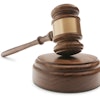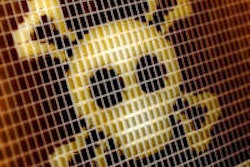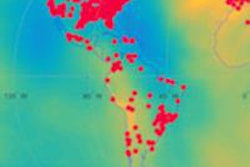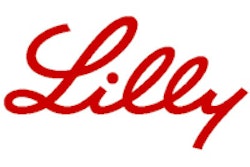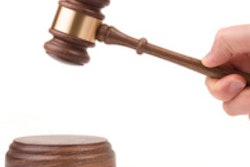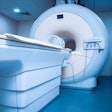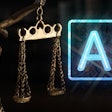Radiologist James Kessler was arrested last week in New York for allegedly stealing the protected personal and health information of nearly 100,000 patients earlier this year at his former practice, NRAD Medical Assoc.
Between January 17 and April 24, Kessler allegedly accessed the NRAD computer system improperly and duplicated and possessed the protected personal and health information for 96,998 patients, according to a statement from Nassau County District Attorney Kathleen Rice.
Kessler, 38, was arrested on December 3 following a joint investigation by the Nassau County District Attorney and the Nassau County Police Department, and is being charged with three misdemeanors in relation to the case.
A search warrant found an external hard drive of Kessler's that contained the 96,998 patient records, NRAD patient billing system dates, NRAD corporate credit card information, corporate marketing materials, and NRAD IT information, according to the district attorney.
While the patient records consisted of personally identifying and medical information, they did not include financial information, and current New York state personal identification information statutes do not cover the information found to be in Kessler's possession, according to the district attorney. There has also been no indication that Kessler used any of the allegedly stolen information to open accounts, make purchases, or obtain property in the names of NRAD patients.
Kessler is due to appear in the First District Court in Hempstead on January 6, 2015, for arraignment. If convicted of the top charge, he faces a maximum sentence of one year in jail, according to the district attorney.
After discovering the data breach in April, NRAD notified the U.S. Department of Health and Human Services as required by law. The group then informed the affected patients in June that a radiologist formerly employed by the group had accessed and acquired their protected information, including patient names and addresses, dates of birth, Social Security numbers and health insurance, diagnosis codes, and procedure codes. The affected patients were also given the opportunity by NRAD to protect their credit.


